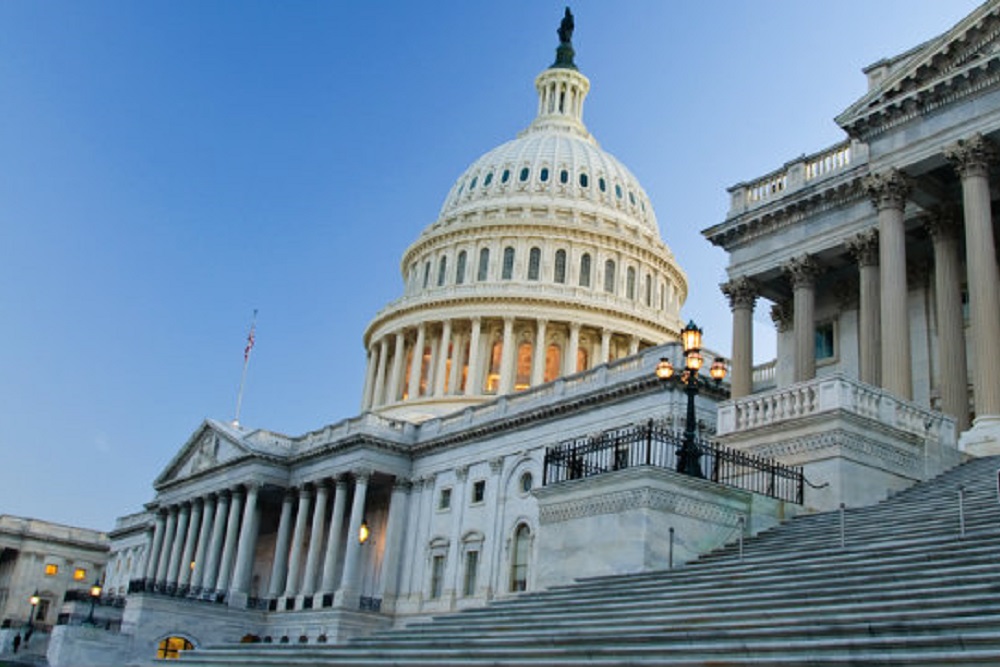Education policy bills under Donald Trump has seen significant overhauls from the US Department of Education and a right-leaning Supreme Court bench ruling on landmark cases.
Notably, legislation directly affecting the 12th grade (K-12) is slow-moving and often gets bogged down by politics in Congress.
Multiple lawsuits pending in federal courts is another issue affecting the nation’s public education scene.
Although, the US Congress managed to pass a federal spending bill to provide a $1.3 billion in education spending for 2020, and also pass legislation mandating $255 million in funding for historically black colleges and universities in 2020.
Things could change significantly if more education policy bills are passed and signed. They could improve the academic situation from the Chicago Teachers Union strike to improving student test scores.
Some education policy bills to improve US education
Here are some education policy bills that bring currently bring educators’ apprehensions to the US congress:
Resilience Investment, Support, and Expansion (RISE) from Trauma Act
Reps introduced the RISE act. Danny Davis (D-Illinois) and Mike Gallagher (R-Wisconsin) in the House, with a sister bill also introduced by lawmakers in the Senate.
The RISE from Trauma Act is aimed to support trauma-informed care in schools and increase resources for communities to address the impact of trauma on children. Specifically, it would help trauma-informed early childhood care and provide more resources for public school teachers and leaders through grants and partnerships. It supports the growing trend of community schools offering wraparound services and suggests trauma-informed care is receiving national bipartisan attention.
School Resource Officer Assessment Act
The bill was introduced in 2018 by Rep. Clay Higgins (R-Louisiana) and passed the House, which at the time had a Republican majority.
The SRO Assessment Act would require the US Secretary of Education to survey the assignment of school resource officers at all public schools. This is a very straightforward bill and won’t require public schools to do anything as it is written now; it just needs the Department of Education to survey schools.
With SROs under increased scrutiny as a result of responses to school shootings or highly-publicized negative interactions with students and more states regulating the role than not, a survey of SROs by the Department of Education suggests more considerable national attention on the subject.
Building Blocks of STEM Act
This bill was introduced by Senator Jacky Rosen (D-Nevada) in March 2019 and has since passed both chambers of Congress with bipartisan support. The legislation could be signed into law by the president.
This legislation aims to make STEM education and career paths more accessible to female students. It would provide PD for pre-K and elementary school teachers on computer science, as well as develop female-inclusive computer science enrichment programs, including after-school and summer programs.
Strength in Diversity Act
The bill, introduced by Rep. Marcia Fudge (D-Ohio) and Senator Chris Murphy (D-Connecticut) only has overwhelmingly democratic support, with cosponsors in the House including Education and Labour Committee Chairman Bobby Scott and supporters in the Senate including Democratic Sens. Cory Booker, Kamala Harris and Bernie Sanders.
This legislation, with sister bills introduced in both chambers, would work to reduce racial and socioeconomic segregation between districts and the schools within them by authorising one-year grants subject to authorisation. It would also provide funding for the research and data collection needed to diversify schools.
RAISE Act
Introduced by Senator Cory Booker (D-New Jersey), this legislation addresses a concern long plaguing districts: teacher pay. The education policy bills would provide a refundable tax credit for elementary, secondary or early childhood educators in schools with a specific poverty rate, increase the tax deduction for the expenses of primary and secondary school teachers, and provide funding for local educational agencies that maintain or increase teacher salaries. Public school teachers would be eligible for a tax credit up to $10,000 to offset the cost of school supplies.
However, with the bill, introduced in September, have zero cosponsors.
Warren’s K-12 education plan
Democratic presidential candidate, Senator Elizabeth Warren, has also spoken out on K-12 education policy bills during teachers strike protest in Chicago, where they have been marching daily after hitting a negotiation impasse with city officials on their contract.
Warren’s education plan is a commitment to expand federal funding of public K-12 education. But the program also recognizes that the federal government ultimately controls a tiny portion of the overall funding going to schools.
According to reports, Warren is trying to turn the federal money into a carrot to get states to invest more of their own money. Her plan also calls for more transparency around the funding to better understand which education investments work and which don’t.

Stay connected to what’s happening to government education policy bills and respond in the most responsible way.







